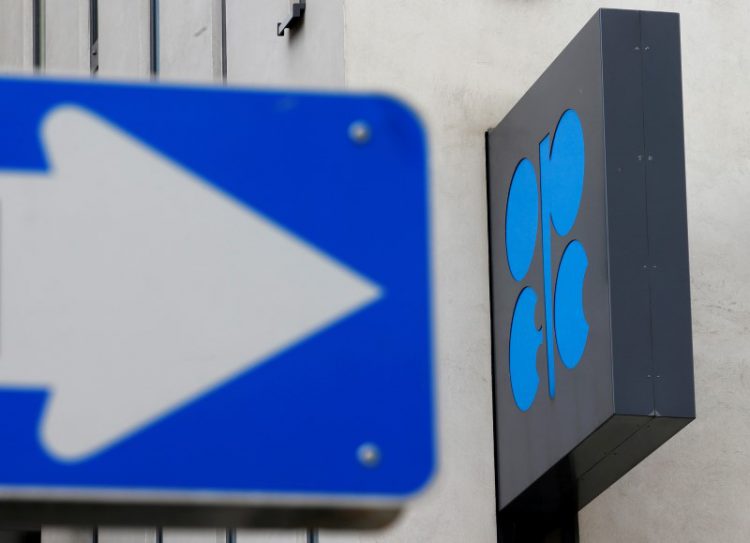OPEC oil output rose in February led by a further recovery in Nigerian supply, a Reuters survey found, despite strong adherence by top producers to an agreement by the wider OPEC+ alliance to cut production to support the market.
The Organization of the Petroleum Exporting Countries (OPEC)has pumped 28.97 million barrels per day (bpd) this month, the survey found, up 150,000 bpd from January. Output is still down more than 700,000 bpd from September.
Nigeria has been battling crude theft and security issues in its oil-producing region, hitting output. Many crude streams exported more in February, the survey found, although Africa's top producer is still pumping much less than its OPEC target.
OPEC and its allies, known as OPEC+, had been boosting output for most of 2022 as demand recovered from the pandemic. But for November, with oil prices weakening, the group made its largest cut since the early days of COVID-19 in 2020.
They decided to cut the OPEC+ output target by 2 million bpd, of which about 1.27 million bpd was to come from the 10 participating OPEC countries. The target remained in place for February.
With the rebound in Nigerian output in February, compliance with the agreement increased to 169% of pledged cuts, according to the survey, against 172% in January.
Output is significantly undershooting targeted amounts because many producers - notably Nigeria and Angola - lack the capacity to pump at the agreed levels.
The 10 OPEC members required to cut production pumped about 880,000 bpd below the group's target, the survey found. The shortfall in January was about 920,000 bpd.



















